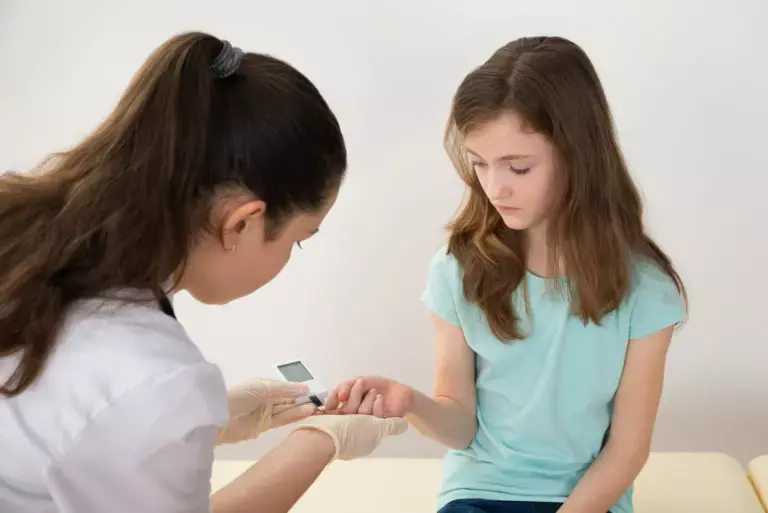- Home
- Medical news & Guidelines
- Anesthesiology
- Cardiology and CTVS
- Critical Care
- Dentistry
- Dermatology
- Diabetes and Endocrinology
- ENT
- Gastroenterology
- Medicine
- Nephrology
- Neurology
- Obstretics-Gynaecology
- Oncology
- Ophthalmology
- Orthopaedics
- Pediatrics-Neonatology
- Psychiatry
- Pulmonology
- Radiology
- Surgery
- Urology
- Laboratory Medicine
- Diet
- Nursing
- Paramedical
- Physiotherapy
- Health news
- Fact Check
- Bone Health Fact Check
- Brain Health Fact Check
- Cancer Related Fact Check
- Child Care Fact Check
- Dental and oral health fact check
- Diabetes and metabolic health fact check
- Diet and Nutrition Fact Check
- Eye and ENT Care Fact Check
- Fitness fact check
- Gut health fact check
- Heart health fact check
- Kidney health fact check
- Medical education fact check
- Men's health fact check
- Respiratory fact check
- Skin and hair care fact check
- Vaccine and Immunization fact check
- Women's health fact check
- AYUSH
- State News
- Andaman and Nicobar Islands
- Andhra Pradesh
- Arunachal Pradesh
- Assam
- Bihar
- Chandigarh
- Chattisgarh
- Dadra and Nagar Haveli
- Daman and Diu
- Delhi
- Goa
- Gujarat
- Haryana
- Himachal Pradesh
- Jammu & Kashmir
- Jharkhand
- Karnataka
- Kerala
- Ladakh
- Lakshadweep
- Madhya Pradesh
- Maharashtra
- Manipur
- Meghalaya
- Mizoram
- Nagaland
- Odisha
- Puducherry
- Punjab
- Rajasthan
- Sikkim
- Tamil Nadu
- Telangana
- Tripura
- Uttar Pradesh
- Uttrakhand
- West Bengal
- Medical Education
- Industry
USPSTF says No to screening children and adolescents for prediabetes or type 2diabetes

USA: The USPSTF (US Preventive Services Task Force) has issued its first recommendation statement outlining its stance on screening for prediabetes and type 2 diabetes in asymptomatic children and adolescents younger than 18 years without known diabetes or prediabetes.
The USPSTF, in their recommendation statement, published in the Journal of the American Medical Association (JAMA), concluded that there was insufficient evidence to assess the balance of benefits and harms of screening for type 2 diabetes or prediabetes in children and adolescents, awarding an I grade to the Statement.
The authors wrote in their statement, "Evidence is insufficient to assess the balance of benefits and harms of type 2 diabetes screening in children and adolescents."
"There is a lack of evidence on the effect of screening for, and early detection and treatment of, type 2 diabetes on health outcomes in youth, and the balance of harms and benefits cannot be determined."
The document also comprises of practice considerations covering the following points: patients population under consideration, definitions of type 2 diabetes and prediabetes, screening tests, treatment, and preventive interventions, suggestions for practice regarding the I Statement, and other potential harms.
The article further sheds light on other related USPSTF recommendations that give information on other USPSTF recommendations on screening for obesity in children and adolescents (B recommendation) and screening for prediabetes and type 2 diabetes in adults (B recommendation). Also, the USPSTF has recommendations for screening for gestational diabetes in pregnant ladies.
The article also stated that "USPSTF found no studies addressing the direct benefits of screening for type 2 diabetes and prediabetes on health outcomes in asymptomatic children and adolescents." Also, no studies were found addressing the harms of screening for type 2 diabetes and prediabetes in asymptomatic children and adolescents.
The authors also described research needs and gaps in which the authors suggested that more studies are needed that address the following areas -- effects of screening on health outcomes in children and adolescents, the results of screening on health outcomes in children and adolescents, the impact of pharmacotherapy, lifestyle interventions, or both for treatment of screen-detected prediabetes and diabetes on health outcomes in children and adolescents, and natural history of prediabetes in children and adolescents.
In the column under the recommendation of others, the document described the American Diabetes Association's recommendation for risk-based screening for type 2 diabetes after the onset of puberty or age ten years in children who have overweight or obese and one or more additional risk factors for diabetes. In children deemed at high risk, it recommends screening every three years if tests are standard or more frequently if BMI increases.
Reference:
US Preventive Services Task Force. Screening for Prediabetes and Type 2 Diabetes in Children and Adolescents: US Preventive Services Task Force Recommendation Statement. JAMA. 2022;328(10):963–967. doi:10.1001/jama.2022.14543
Dr Kamal Kant Kohli-MBBS, DTCD- a chest specialist with more than 30 years of practice and a flair for writing clinical articles, Dr Kamal Kant Kohli joined Medical Dialogues as a Chief Editor of Medical News. Besides writing articles, as an editor, he proofreads and verifies all the medical content published on Medical Dialogues including those coming from journals, studies,medical conferences,guidelines etc. Email: drkohli@medicaldialogues.in. Contact no. 011-43720751


